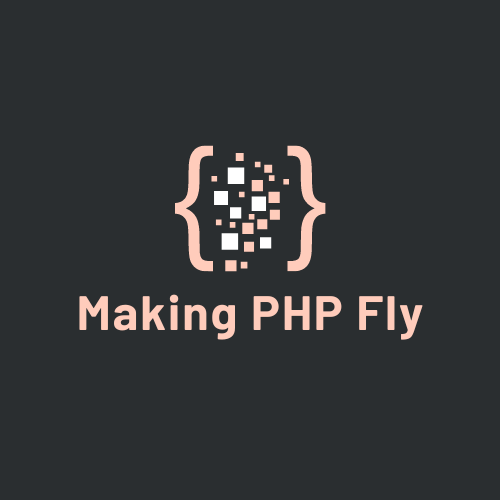Optimizing PHP performance is crucial for delivering fast and efficient web applications. Here are some performance tweaks and best practices to make your PHP code fly:
1. Use Opcode Caches: Utilize opcode caches like OPcache or APC (Alternative PHP Cache) to cache compiled PHP code, reducing the need for recompilation on each request.
2. Minimize File I/O: Reduce file I/O operations by minimizing the use of include, require, and file read/write operations. These can be slow, especially on network file systems.
3. Optimize Database Queries: Use efficient SQL queries, use indexes, avoid unnecessary joins, and consider using a caching layer like Redis or Memcached to store frequently accessed data.
4. Enable Output Buffering: Output buffering (ob_start()) can reduce the number of small data chunks sent to the client, improving the performance of dynamic content.
5. Use Efficient Loops: Optimize loops by minimizing the number of iterations and reducing complexity within the loop.
6. Minimize Memory Usage: Avoid holding large amounts of data in memory unnecessarily. Use appropriate data structures and clean up resources when they’re no longer needed.
7. Limit Use of Global Variables: Minimize the use of global variables, as they can introduce unnecessary coupling and make code harder to test and maintain.
8. Implement Caching Strategies: Utilize caching mechanisms like APC, Redis, or Memcached to store frequently used data, reducing the need to regenerate content.
9. Compress Output: Enable output compression in your web server or use PHP’s ob_gzhandler to compress your output before sending it to the client.
10. Optimize Autoloading: Use class autoloading for efficient loading of classes only when needed. Consider using the Composer autoloader or a custom autoloading solution.
11. Profile and Benchmark: Regularly profile your code using tools like Xdebug to identify performance bottlenecks. Benchmark different parts of your application to see where improvements are needed.
12. Use a Content Delivery Network (CDN): Offload static assets (images, scripts, stylesheets) to a CDN to distribute the load and reduce the server’s workload.
13. Optimize Web Server Configuration: Tune your web server (e.g., Apache, Nginx) configuration to properly handle PHP requests, set appropriate timeouts, and control caching.
14. Use Opcode Cache Validation: Configure your opcode cache (e.g., OPcache) to validate cached scripts against their file timestamps. This reduces cache invalidation issues.
15. Use Efficient Algorithms: Choose algorithms and data structures with good time complexity for your application’s needs. Optimize sorting, searching, and data manipulation operations.
16. Upgrade PHP Version: Keep your PHP version up to date. Newer versions often include performance improvements and optimizations.
By adopting these practices and continuously monitoring and optimizing your code, you can significantly improve the performance of your PHP applications and deliver faster, more responsive web experiences.


Leave a Reply